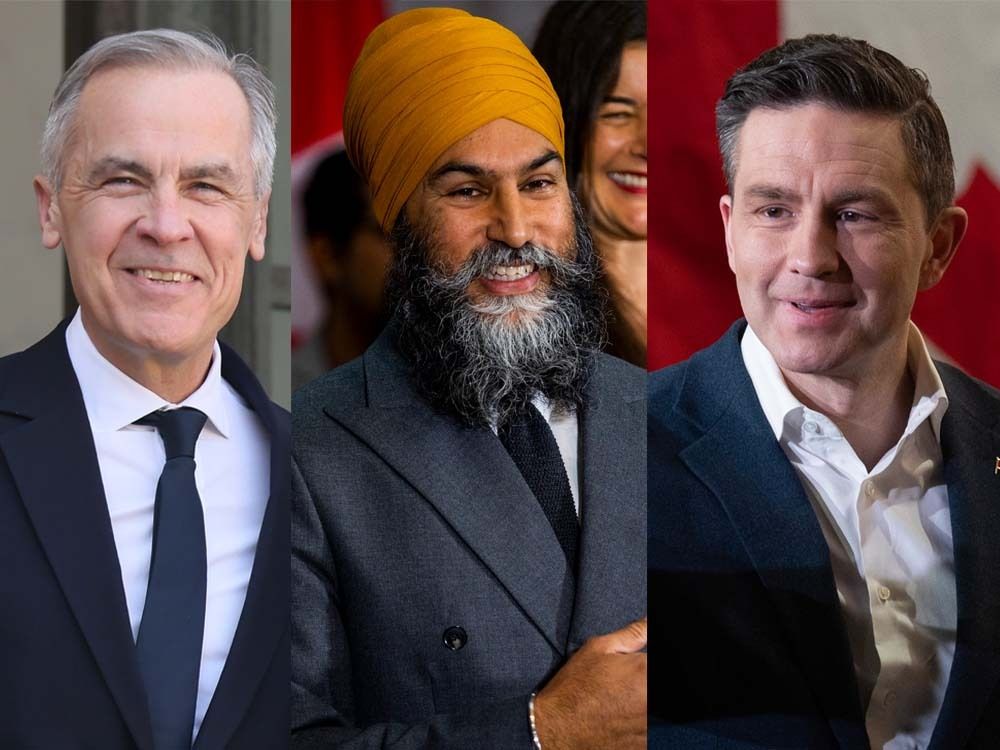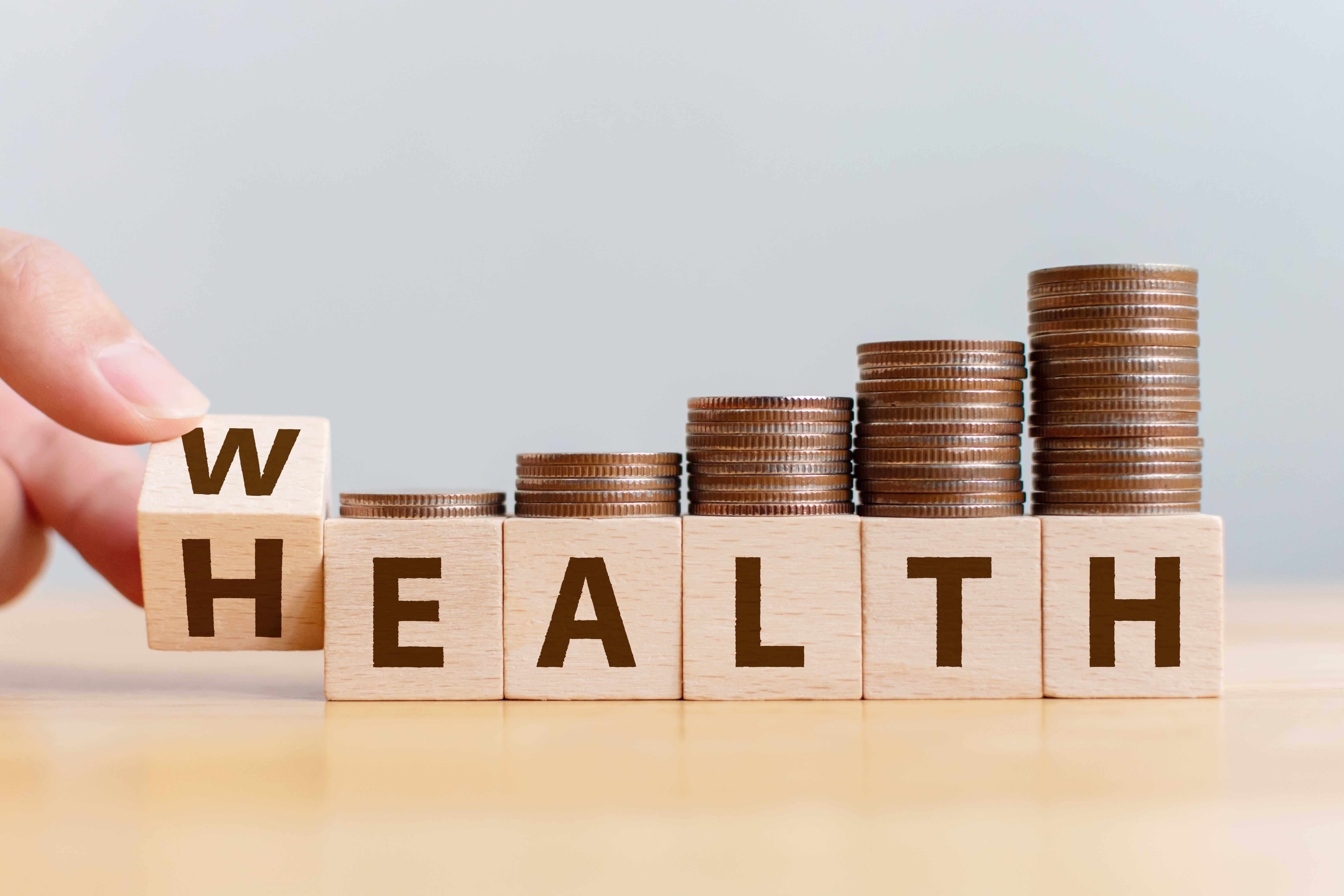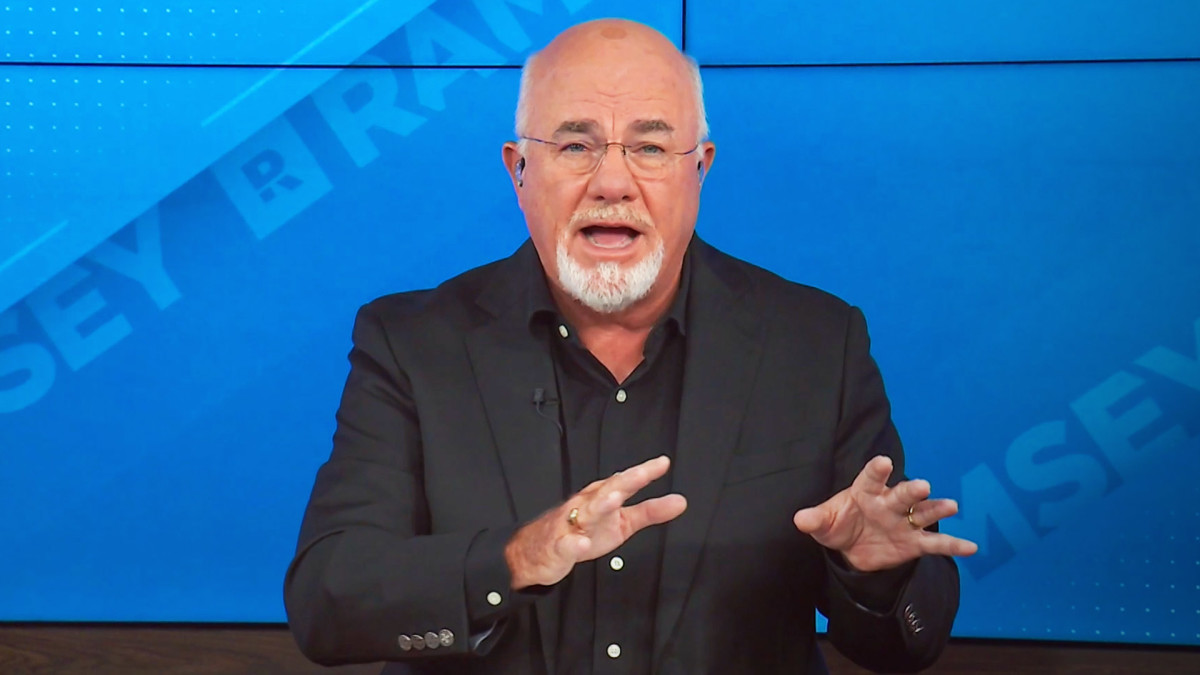Jason Heath: What The Federal Election Platforms Could Mean For Your Pocketbook

In the lead-up to the federal election on April 28, we’ve heard many proposals from party leaders that will directly affect your pocketbook . The impact of tariffs — including the spectre of job losses and inflation, along with the resulting stock market volatility — has made personal finance policies especially important for voters. Here’s a rundown of the key promises from each of the three main candidates.
Liberals
The incumbent Liberals , led by Mark Carney, have said they will reduce the federal rate for the lowest tax bracket by one per cent. This would reduce the amount of tax payable on income between $16,129 and $57,535 for 2025, though it may not come into effect until 2026 or later. The savings would be up to $414, based on 2025 tax brackets.
The controversial capital gains increase (on real estate, private company shares and taxable non-registered investments) that had Canadians panicking in June 2024 will be officially abandoned according to the Liberal platform. Despite repeated attempts, the party’s 2024 budget proposal could not be passed in the House of Commons, and the increase was unofficially delayed to January 1, 2026.
Low-income seniors receiving a guaranteed income supplement (GIS) could see a one-year increase to their benefits of five per cent. Retirees with registered retirement income funds (RRIFs) could benefit from a 25 per cent reduction in their required minimum withdrawals — a temporary policy that was also used during the COVID-19 pandemic and stock market downturn in 2020.
New home purchases could be cheaper for first-time homebuyers based on the Liberals’ proposed elimination of GST for properties up to $1 million.
The party has also proposed increasing access to employment insurance (EI) by raising regional unemployment rates, which is timely given the volatile trade situation with the U.S., and shortening the waiting period for workers receiving severance packages.
Conservatives
Pierre Poilievre’s Conservatives have promised to reduce the rate on the lowest income tax bracket by 2.25 per cent. This could amount to a $932 tax cut for Canadians earning $57,535 or more in 2025.
The Conservatives opposed the capital gains tax increase in the 2024 federal budget and, like the Liberals, said they would keep the capital gains inclusion rate at 50 per cent. They have also proposed an 18-month period — between July 2025 and December 2026 — during which there would be no taxable capital gains on the sale of assets, provided the proceeds are reinvested in Canada.
Another pro-Canada proposal is a $5,000 increase to tax-free savings account (TFSA) contributions for Canadian investments.
And working seniors with income lower than $42,000 could earn up to $34,000 annually before paying any federal tax. Seniors could also delay the required conversion of their registered retirement savings plan (RRSP) to a RRIF until December 31 of the year they turn 73, rather than the current age of 71.
Poilievre would eliminate the GST on new homes valued up to $1.3 million, compared to just $1 million in the Liberal proposal. This would also apply to all new homes, not just those for first-time homebuyers.
The Liberals cancelled the controversial consumer carbon tax before the election began, but the Conservatives could take things a step further by repealing all carbon pricing, including the industrial tax and any rebates.
New Democrats
Like the Liberals and the Conservatives, the NDP has proposed a personal income tax reduction. However, instead of reducing the lowest federal personal tax rate, they would increase the basic personal amount. This is the level of income at which federal tax becomes payable. The basic amount currently sits at $16,129, and Jagmeet Singh has proposed increasing it to $19,500, which would reduce tax for most Canadians by $506 in 2025.
However, high-income individuals earning between $177,882 and $235,632 would see a reduction in their basic personal amount to as little as $13,500. The tax-free threshold would be reduced for those earning more than $177,882 and be completely phased out for income over $235,632. This could result in a $2,419 tax increase for high-income taxpayers.
Like the Liberals and Conservatives, the NDP supports the elimination of the consumer carbon tax. Unlike the Conservatives, the NDP would leave the industrial carbon tax in place.
The NDP also proposes a different approach on capital gains, intending to move forward with the higher inclusion rate of two-thirds for individuals with capital gains over $250,000, as well as all corporations and trusts.
Singh would take things a step further and eliminate the stock option deduction allowing senior executives to have their stock option benefits taxed at the capital gains rate — 50 per cent tax free.
The NDP has a different take on GST reductions, focusing on basic living expenses and cars instead of real estate. They would eliminate the GST on home energy costs, cell phone and Internet bills, as well as children’s clothing and footwear, grocery-store prepared meals and Canadian-made vehicles.
In response to tariffs, EI qualification would be easier, and benefits would be increased. There could also be a reintroduction of emergency income measures, such as the Canada Emergency Response Benefit (CERB), used during the COVID-19 pandemic.
Seniors and disabled Canadians could see their GIS and Canada Disability Benefits doubled under an NDP government.
- Live Q&A: The election, the trade war and your personal finances
- Energy on the ballot: The key to Canadian prosperity
Summary
The personal finance proposals from the three primary parties provide a flavour for some of the things voters could see implemented if they are elected. Of course, campaign promises, and even budgets, are never guaranteed.
There are many other important issues to consider as well, ranging from housing to immigration to health care. But for this election, perhaps more than any other in recent memory, finances are top of mind for many Canadian voters.
Jason Heath is a fee-only, advice-only certified financial planner (CFP) at Objective Financial Partners Inc. in Toronto. He does not sell any financial products whatsoever. He can be reached reached at jheath@objectivecfp.com.
Join Jason Heath for a live Q&A about your personal finances: Elections always have pocketbook implications. But rarely is the future trajectory of the country’s economy at stake, too. We want to help you cut through the uncertainty. Join us on April 16 at noon ET for a live Q&A chat with Ted Rechtshaffen, president and portfolio manager at TriDelta Private Wealth, and Jason Heath, certified financial planner at Objective Financial Partners Inc. Ted and Jason will answer your questions about what the candidates’ proposals and the trade war will mean for your personal finances, from your mortgage to your RRSPs and beyond. Register here .
Bookmark our website and support our journalism: Don’t miss the business news you need to know — add financialpost.com to your bookmarks and sign up for our newsletters here.


